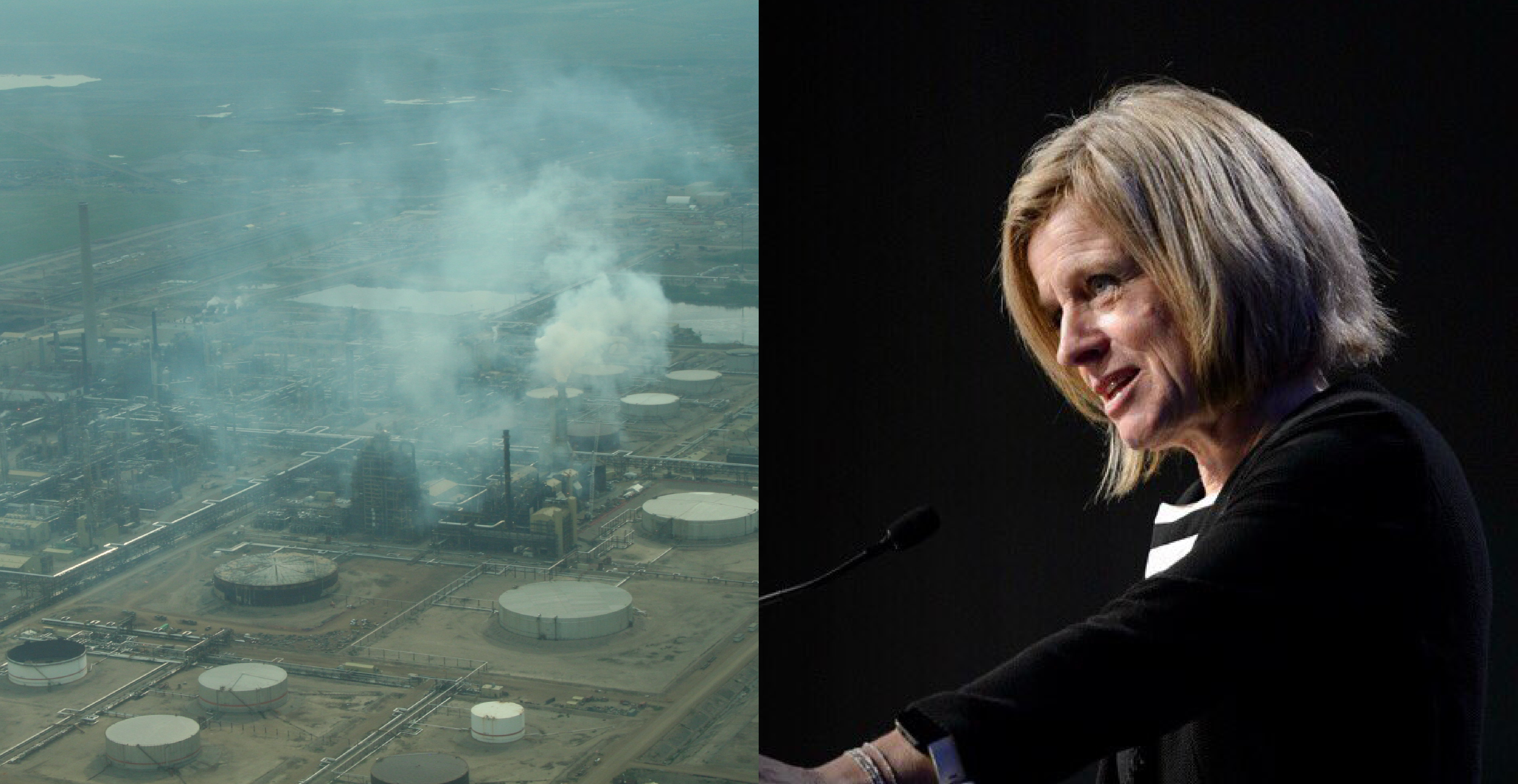Too fast, and now too furious
Aug 31, 2018
Too fast, and now too furious
How the last decade's rapid expansion of the tar sands is fueling today's pro-pipeline fury
This post has not been approved by Media Co-op editors!

How did it get to the point that an NDP premier would burn a national climate plan and horribly insult Indigenous nations over a court decision on the Trans Mountain pipleine that, given historical precedent, could have gone either way?
The pressure that has created this frenzied behaviour, from what I can tell, has been building for about a decade.
The oil industry has been extracting more and more from the tar sands every year, and they have done this without new pipeline infrastructure being put place. From 2011 to 2017, tar sands extraction grew by 65%. Looking back a bit further to see the decade from 2007 to 2017, tar sands production more than doubled, growing by 125% in that time (Table 3.2). Pipelines were proposed, like Trans Mountain and Energy East in 2012-13, but they have almost all failed to materialize. (Line 9 could be considered a notable exception, starting in 2015, though originating at the Michigan-Ontario border it is not directly connected to the tar sands). The industry didn't wait for infrastructure before growing, the companies just assumed pipelines would come.
And now, with production in northern Alberta so high, industry players realize they're in a hole. They won't admit they dug it, though. They expected the market to just deliver what they want. But that, it turns out, is not how it works. Now, there's such over-supply and limited capacity for the already-marginal product (diluted bitumen) that they now have to sell it from Alberta at an even higher discount than usual.
Industry blames government for pipelines not being built. Industry proponents are, in fact, demanding that governments make pipelines appear, by whatever means necessary. (A former Encana CEO, Gwyn Morgan, recently called for government to override the court decision, saying he agrees with the idea that, "the federal government should enact their constitutional right through an act of Parliament to approve and carry out projects that are in the national interest.")
The industry has managed to trample over Indigenous rights (or win communities over with amounts of cash that are tiny for industry and huge for the communities) and environmental considerations while operating in the remote location of northern Alberta. Expansion of industry has been swift there, but extending fossil fuel infrastructure, namely pipelines, through long stretches beyond that — including unceded Indigenous lands, and some densely-populated regions — has proven to be an entirely different challenge.
Industry's frustration has now boiled over. They're panicking now that they realize the extent of the mismatch between tar sands extraction and transportation capacity. But the plan is not to scale down extraction to, for example, meet urgently-needed emissions reductions targets, or even just the existing transportation contstraints. Instead, it's all hands on deck from industry allies all over the country, including chambers of commerce, federal senators, media personalities, etc. From all that pressure, the Alberta NDP and federal Liberals, who lack principles on these issues to start with, are as pipeline-obsessed as industry.


